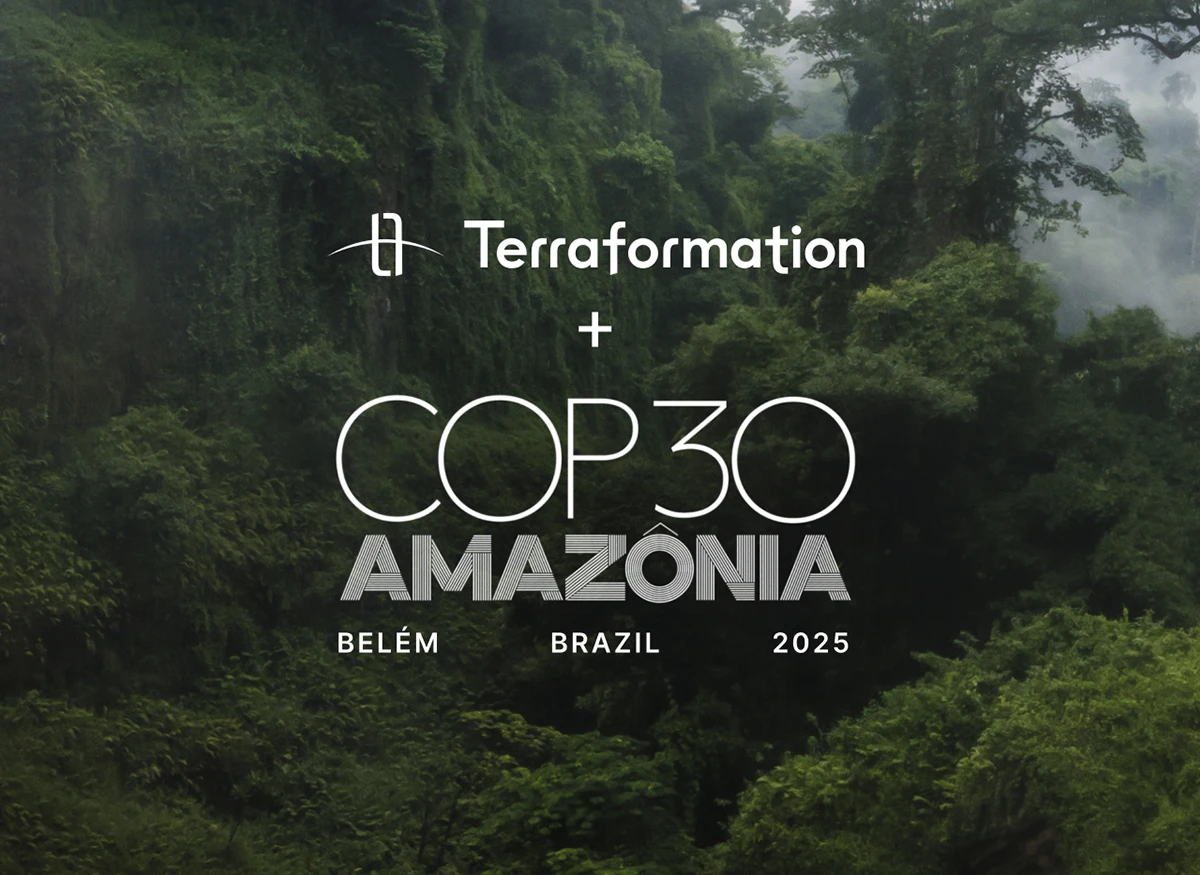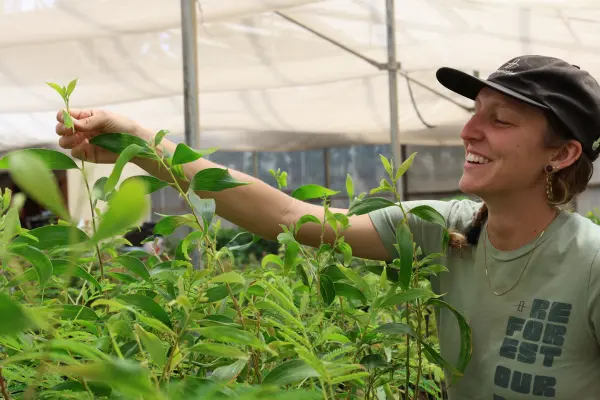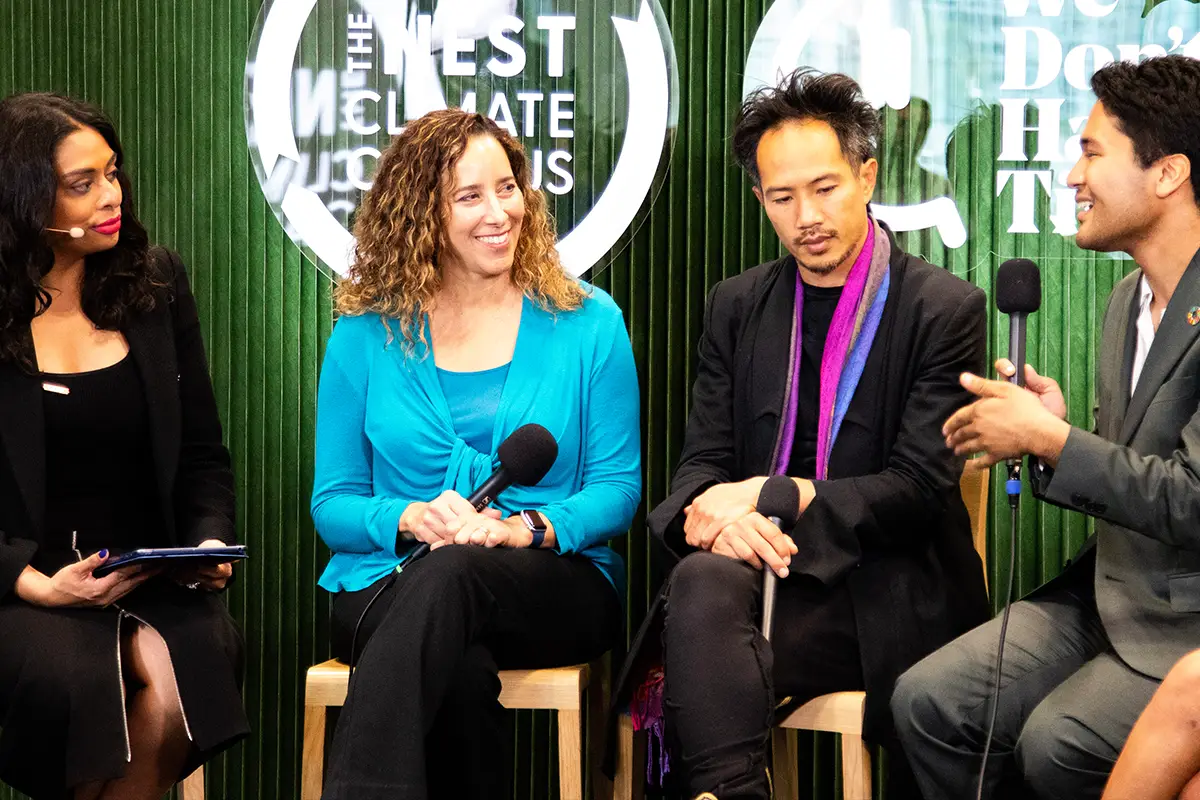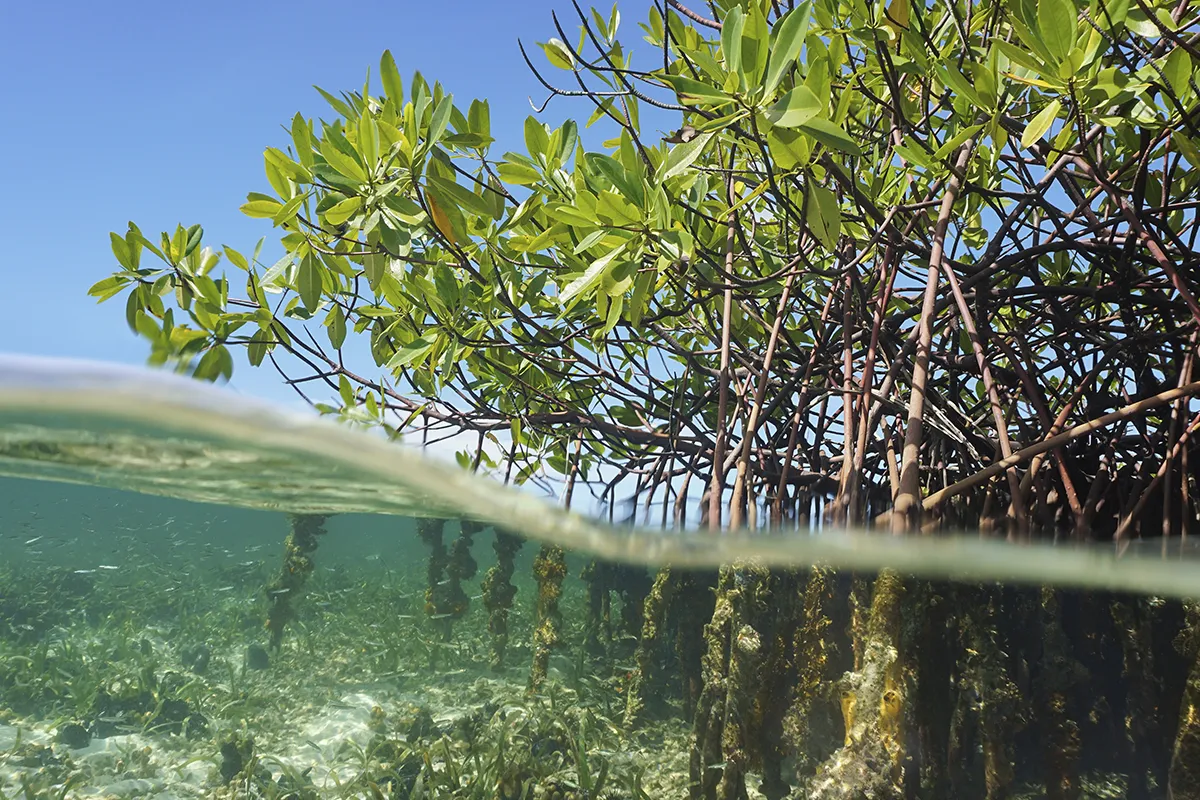Insights from the 2024 VCM Report: Toward Next-Generation Carbon Projects

The 2024 "State of the Voluntary Carbon Market" (VCM) report by Ecosystem Marketplace shows that the VCM is getting stronger and more reliable.
Building a strong carbon market is tough. Trust is very important, but difficult to create and even harder to maintain. Last year, reports of unreliable accounting in the REDD+ sector eroded trust across all sectors of the carbon market. The total market value of the VCM fell by 61%, driven by lower transaction volumes (−56%) and carbon prices (−11%).
But the new report has some good news. Like the stock market, different sectors behave differently. The real story during a downturn is what new areas are going up, even while the overall market goes down.
When looking at project regions, much of the price drop was due to a huge influx of cheap industrial emissions reduction credits in North America. Prices for projects in Latin America went up slightly (2%), while Europe and Oceania projects had big price increases of 78% and 153%, respectively.
Nature-based solutions were worth more — commanding up to 91% more than engineered carbon credits. As market players worked to fix problems with low-quality REDD+ projects, the market for ARR (Afforestation, Reforestation, and Revegetation) projects stayed strong, with prices going up 31% even with fewer transactions.
Projects with certified social and environmental benefits, like job creation, protecting biodiversity, or better water security, saw an uptick in transactions, from 22% in 2022 to 28% in 2023. This shows that carbon buyers value the greater benefits of natural carbon removal.
Next-generation projects: A higher bar for quality
At Terraformation, we see this shift in preferences firsthand, with more buyers wanting nature-based carbon credits that remove carbon instead of just avoiding emissions. Buyers now know the value of natural carbon storage and want high-quality ARR projects that support native species, boost biodiversity, and create local jobs.
These changes are not just about market dynamics; they have real-world implications for communities and ecosystems. As Mwiya Musokotwane, CEO of Thebe Investment Management, points out, "It's important to acknowledge that this new market, while imperfect, is evolving for the better. Millions of people across the world — those who have contributed the least to the climate crisis — stand to benefit greatly from an improved system."
Our forestry partners around the world are already seeing the transformative effects of reforestation efforts grounded in scientific rigor and social responsibility. We work with them to create projects that restore damaged ecosystems and provide sustainable jobs in rural areas. This benefits local communities — but also the global community, which urgently needs the carbon removal the forests provide.
Greater integrity, rising urgency
EM’s analysis helps to dispel the notion that companies use carbon offsets to avoid the real work of reducing their carbon footprint.
The report references their earlier findings that 59% of companies that buy carbon credits reported lower emissions year-over-year, compared to 33% of companies that don't participate in the VCM. The data show that carbon offsets are an important option companies can use to meet their 2030 and 2050 ESG goals.
If there is a silver lining to last year's upheaval in the carbon markets, it is the growing recognition among buyers that quality makes all the difference. By supporting high-integrity projects with certified co-benefits, companies are not just fighting climate change — they are fostering social and environmental resilience.
Still, the EM report noted that many carbon buyers are still sitting on the sidelines. As the market improves in integrity, transparency, and quality, we must also remember that the clock is ticking. The VCM is crucial for funding projects that can draw down carbon and prevent the worst effects of climate change, but carbon buyers and project developers need to move fast. The world is counting on us.
















